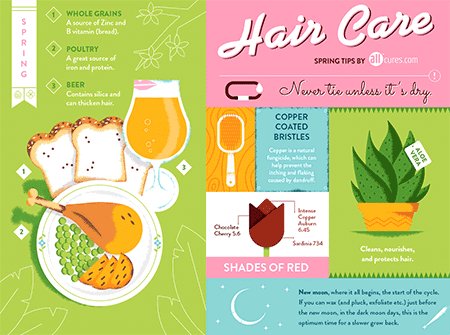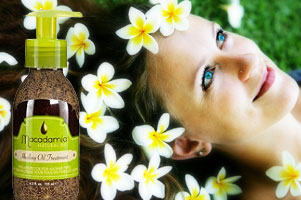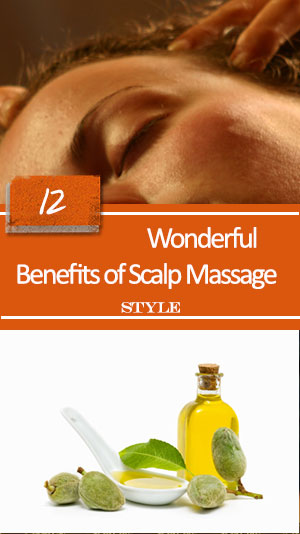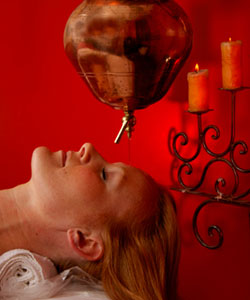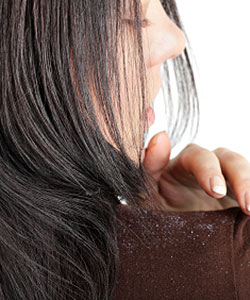Why is Aloe Vera Your Best Friend When it Comes to Hair
Used as a herbal remedy for skin and hair conditions for over 2000 years, aloe vera is still widely used in cosmetics and natural medicines as it is highly regarded for its ability to soothe, moisturise and rejuvenate.
Packed with as many as 100 nutrients including vitamins, amino acids, enzymes and minerals, aloe vera can be extremely beneficial to your hair by facilitating growth, reducing dandruff and moisturising follicles so you can enjoy hair that is shiny, healthy and full of life.
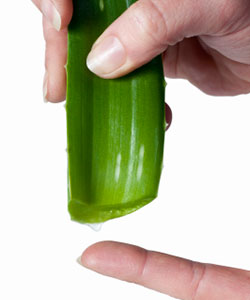
Great for healthy hair growth
History tells us that aloe vera’s ability to rejuvenate thinning hair was recognised by the ancient Egyptians and it’s not without good reason: the plant contains proteolytic enzymes which stimulate hair growth by removing dead cells on the scalp that could prevent vital nutrients from diffusing through hair follicles. Aloe vera also helps to restore the optimum pH level on the scalp, thereby helping hair to retain moisture and to grow more consistently with greater volume. As it is entirely natural with no side effects, aloe vera gel can be applied straight onto the scalp, while a shampoo infused with extracts from the plant is also beneficial and can be used every time you wash your hair.
An effective conditioner
The conditioning properties of aloe vera are so powerful that some advocates argue that it can completely replace synthetic conditioners which are the first choice of most people. Commonly used as a moisturiser for dry and irritated skin, aloe vera is an effective natural conditioner as it helps the hair to retain moisture, making it suppler, softer and shinier. This same property also benefits the scalp which absorbs the nutrients contained in aloe vera, in particular 20 amino acids, even more effectively than skin, encouraging new hair growth and improving dryness and itching.
A cure for dandruff
Although it’s a common problem, dandruff causes embarrassment and frustration for sufferers, yet the condition – a result of dry hair and a dry scalp – is entirely treatable; the specially formulated shampoos and conditioners which are marketed by leading haircare manufacturers are often expensive and, therefore, not within everyone’s budget.
Aloe vera, on the other hand, can help to completely resolve the problem of dandruff due to its fantastic ability to moisture the hair and scalp. In much the same way that aloe vera gel is an effective remedy on sunburned skin, it can also be gently rubbed into the scalp nightly, with the benefits likely to be noticed after repeated applications. Treating your hair and scalp in this way is a means to cure the dryness associated with dandruff; other steps, such as reducing the use of a hairdryer for prolonged periods, should also be taken to ensure a long term improvement.
As an antipruritic, aloe vera will also relieve itching of the scalp by improving moisture levels, nourishing the scalp with glycoproteins and encouraging tissue growth. The antibacterial qualities of the plant help to cleanse your scalp, resulting in improved hair growth and reduced dandruff.
Preventing hair loss
Thinning hair may, in part, be a by-product of genetics but research supports the alternative explanation that the continual use of synthetic shampoos and hair dyes is another major factor in hair loss, especially in people who otherwise would retain their hair in its natural thickness. Aloe vera, however, if used as a replacement for synthetic products (for example, shampoo when combined with coconut milk and wheat germ oil), not only keeps the hair free from the chemicals and artificial substances that can cause thinning hair, but also helps to prevent hair loss by stimulating and maintaining healthy growth.
Whatever the condition of your hair, using aloe vera is one of the most effective ways of improving its quality, volume, texture and appearance. As an entirely natural product, you can enjoy the many benefits without needing to worry about the long term negative effects of using synthetic shampoos and conditioners on your hair, while it also helps to reduce the potential for damage caused by hair dyes and colours.
Hair coloring and other chemical treatments should be avoided until your hair gets a chance to stabilized and get its natural condition. Continue with the conditioning treatments until your healthy hair has grown back in.
This article is brought to you by Allcures

